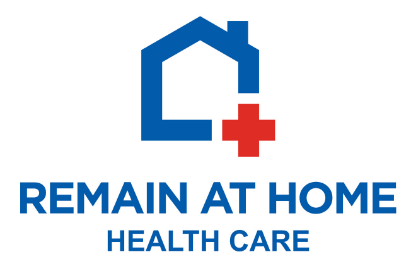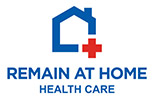Contact us today: (800) 718-5658 | Email Us

Once upon a time ago families weren’t nearly as scattered (geographically speaking!) as they are today. Grandparents lived in the same neighborhood, if not the same city, as their grown children, helping take care of grandchildren, while they in turn were care for by their children (and in some cases, grandchildren) in their old age. …

If you are like most of us, it’s likely you have a few bottles of prescription medicine lying around that you don’t need anymore. Perhaps you filled a prescription, only to learn later your doctor was changing your treatment plans. Or perhaps the drugs prescribed went out of date before you finished taking them. When …
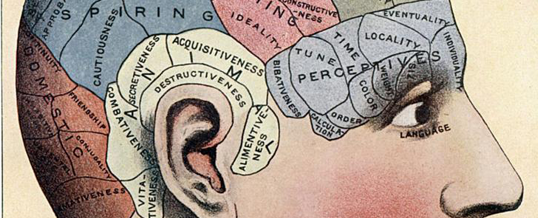
You don’t have to be a senior citizen to struggle with memory related issues. An article published in WebMD raises an excellent point about how modern life has put a strain in everyone’s memory: There’s certainly a lot more information to commit to memory these days. “I used to have one phone number, one bank …
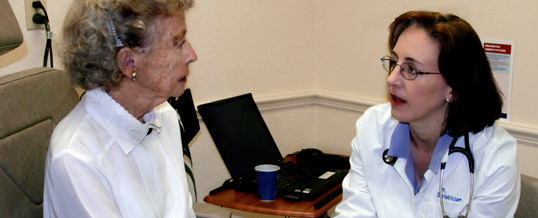
Who doesn’t have memories of visiting the pediatrician as a kid? You know, the “kid doctor” who always had a seemingly endless supply of lollipops, perfect medicine for post-shot tears? From that point on, most of us have spent an hour or two in the company of a medical specialist, ranging from a dermatologist to …

There’s a four letter word that most senior citizens know all too well: PAIN. According to a study by the Institute of Medicine, some 100 million Americans of all ages experience chronic pain – defined as pain lasting as long as three to six months – and nearly 90 percent of seniors fit uncomfortably in …
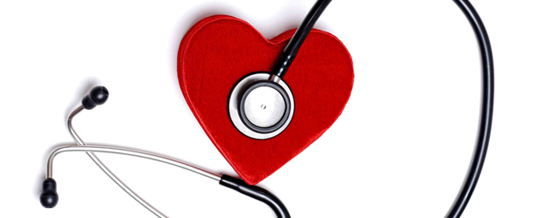
Triglycerides are a type of fat that circulate in your blood. Your body uses them for energy, and you need some for good health, especially good cardio health. Unfortunately, many in the medical fields say that people tend to ignore their triglyceride levels, since most people with high triglycerides don’t exhibit any symptoms. But, like …

I think it’s safe to say there’s not a house, apartment, hut, tepee, igloo or lean-to on the planet that couldn’t use a little spring cleaning. Tis the season to help the senior in your life clean house—and also spot potential problems (piles of unpaid bills, safety hazards, or out-of-date food in the pantry) in …

For many seniors, the last several years of unstable economic conditions have made the idea of retiring a daunting venture. Even Wes Craven, the creative genius behind Freddy Krueger, recently wrote a column on the nightmare of his own retirement attempt (his story involved a motor scooter, a kickstand, and a hospital, but still). Seriously, …
RAH’s Brian Carrigan interviewed by Athens, GA legend (and radio personality) Barbara Dooley on News Talk 1340 WGAU.
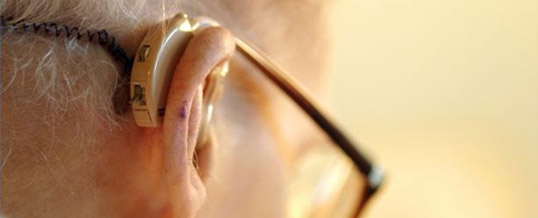
In addition to our capacity to love and care for one another, perhaps a human being’s greatest gift is the ability to communicate. Thanks to breakthroughs in technology, we now can carry on conversations in dozens of ways, both real and virtual. But our innate skill to communicate orally, which comes so easily to most …
